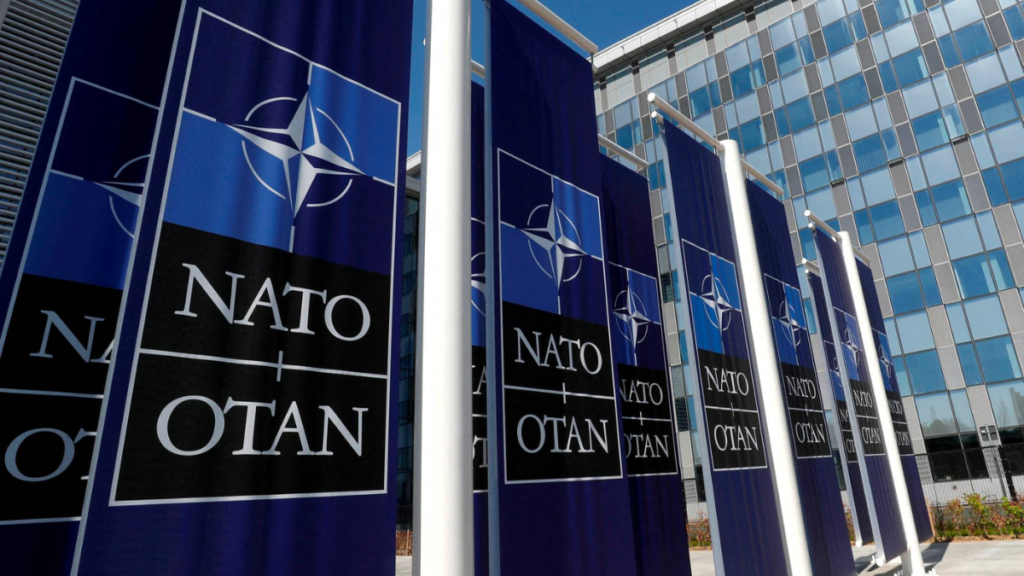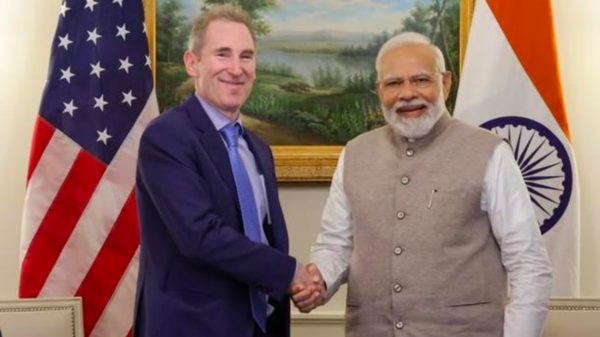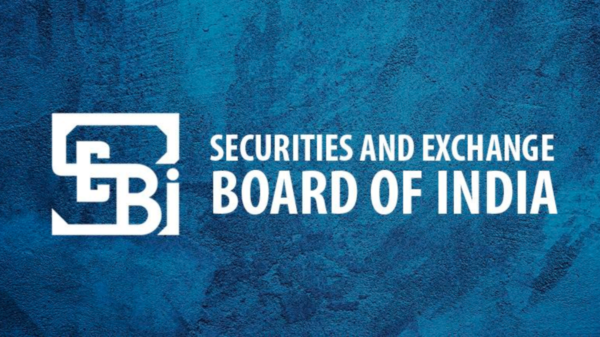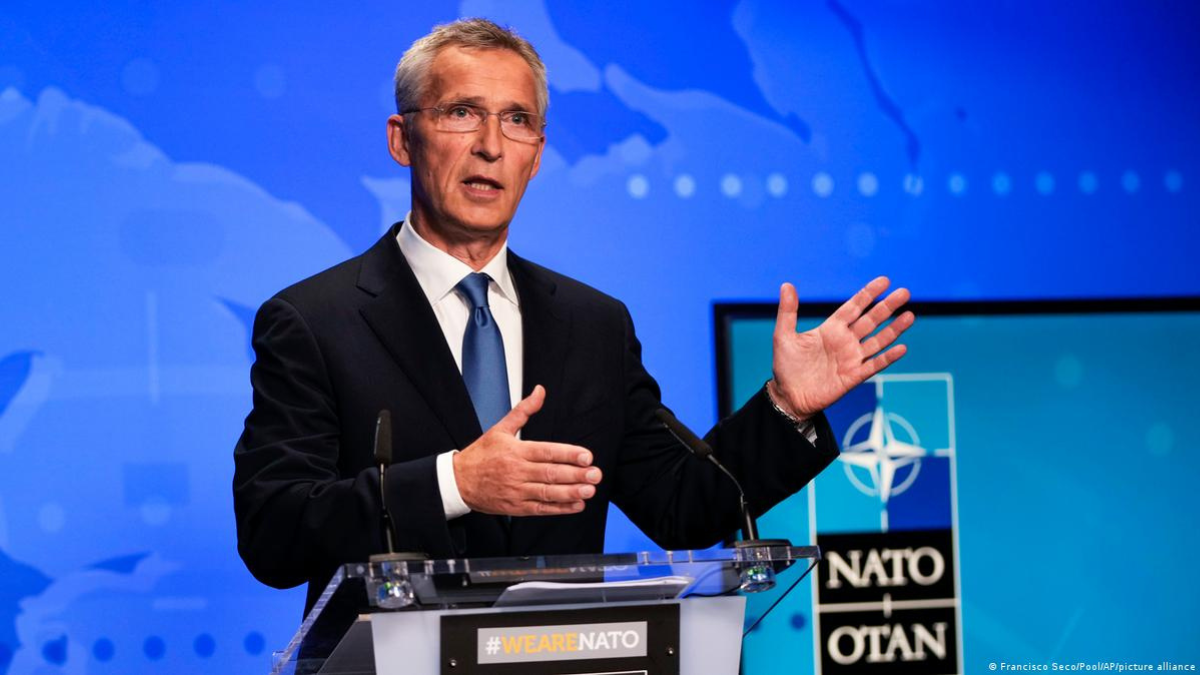Jens Stoltenberg, the current Secretary-General of the North Atlantic Treaty Organization (NATO), is set to retire in September, marking the end of his successful tenure. As the leader of the world’s most prominent military alliance since 2014, Stoltenberg has navigated a complex geopolitical landscape and made significant contributions to NATO’s adaptation in the face of evolving global security challenges. With his impending departure, speculation is rife about who will succeed Stoltenberg as the next NATO boss. Several prominent figures have emerged as potential candidates, each bringing their unique perspectives and qualifications to the table.
The Stoltenberg Era

Jens Stoltenberg, a seasoned Norwegian politician, assumed the position of NATO Secretary-General in October 2014, succeeding Anders Fogh Rasmussen. During his tenure, Stoltenberg has steered NATO through a period of heightened tensions, particularly with Russia’s aggressive actions in Ukraine and the changing dynamics of transatlantic relations. He has focused on enhancing NATO’s defense capabilities, boosting alliance cohesion, and forging partnerships with non-member states. Stoltenberg has been praised for his diplomatic skills and ability to unite NATO members behind a common agenda, bolstering the alliance’s credibility and effectiveness.
Prospective Candidates
As Jens Stoltenberg’s retirement approaches, attention has shifted to the potential successors for the prestigious NATO role. Several names have surfaced as potential candidates, representing a diverse range of backgrounds and experiences. Let’s explore some prominent contenders:
Ursula von der Leyen (Germany): As the current President of the European Commission, von der Leyen has demonstrated strong leadership skills and a commitment to strengthening European defense capabilities. Her experience in European politics, coupled with her understanding of NATO’s strategic landscape, could make her a strong candidate.
Arancha González Laya (Spain): The Spanish Foreign Minister has emerged as a frontrunner due to her extensive diplomatic experience and expertise in international relations. González Laya’s track record in navigating complex geopolitical issues and fostering multilateral cooperation may prove valuable in leading NATO.
Margrethe Vestager (Denmark): Known for her role as the European Commissioner for Competition, Vestager has gained recognition for her assertiveness in enforcing fair competition rules. Her experience in handling complex negotiations and her commitment to upholding European values could make her a compelling choice.
Marija Pejčinović Burić (Croatia): Currently serving as the Secretary-General of the Council of Europe, Burić brings a wealth of experience in international relations and diplomacy. Her focus on promoting human rights, democracy, and the rule of law aligns with NATO’s core principles.
Conclusion
Jens Stoltenberg’s retirement from the position of NATO Secretary-General in September will mark the end of a successful era for the organization. As NATO looks toward the future, several potential candidates have emerged, each possessing unique qualifications and perspectives. The decision to select the next NATO boss will require careful consideration and a commitment to maintaining NATO’s unity, credibility, and ability to address emerging security challenges.
The chosen successor will inherit an alliance navigating an ever-changing global landscape and will play a crucial role in shaping its future direction. Only time will tell who will assume the mantle and guide NATO through the next chapter of its storied history.




































